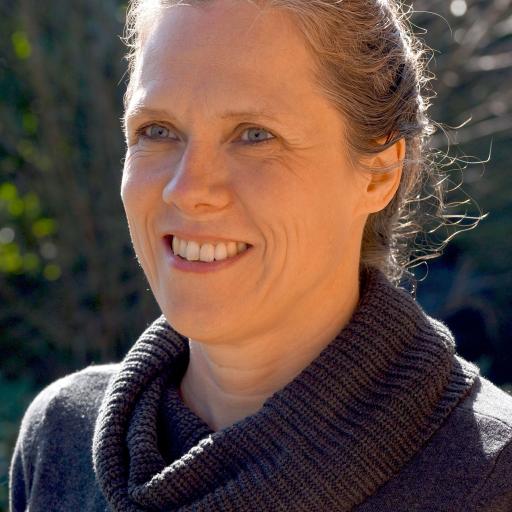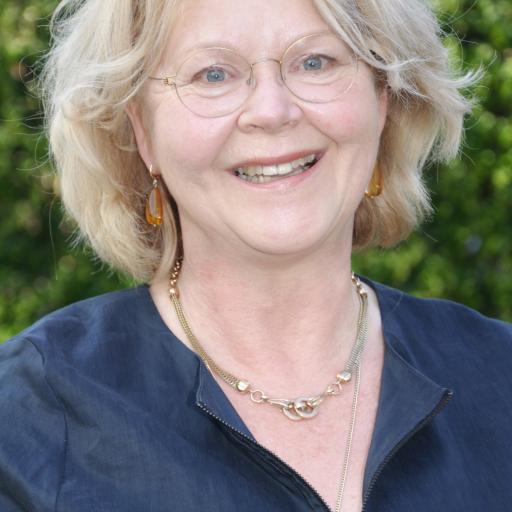Urbanization processes coupled with shifting oceanic cycles have dramatically changed cities and landscapes in and around the North Sea over the centuries. However spatial pressure within the interpenetrating urban and ecological North Sea systems has reached unprecedented levels. How can the spatial disciplines address this condition?
This conference opens up a new perspective on historical urban studies by advancing the spatial realm of the sea into the geographical and conceptual foreground. We argue that it is vitally important to examine this evolving space as a cultivated artefact in order to understand its past and therefore to imagine its (sustainable) future. Such an examination requires a combined cross-disciplinary effort to re-conceptualize the sea as the essential founding space of the region and an agent of urban development.
Interactions within this space are both tangible and intangible, solid and liquid. Historical legacies of the sea are legible in the built environment, but also concealed at underwater and coastal heritage sites. Port cities have traditionally been the sites of land-sea exchange in both material and non-material ways. Unfamiliar, mobile or temporary urban formats not only inhabit offshore space, but are also delivered back to land, steering spatial development and frequently in juxtaposition to the historical urban fabric of the greater North Sea Region.
The offshore perspective on the North Sea compliments ongoing research at the Centre for Global Heritage and Development and the Chair of History of Architecture and Urban Planning, in particular port cities, global petroleumscapes and ocean urbanization. The conference aims to develop new methods of addressing urbanized maritime areas through the following question:
How have historical processes of ocean urbanization reshaped our regional economic, social, cultural, and human environments both at sea and on land?
In particular regarding;
- physical conditions; ecology, infrastructure and artifacts
- legal and theoretical constructions
- narratives, representations and projections
- heritage debates
You can register through Eventbrite




